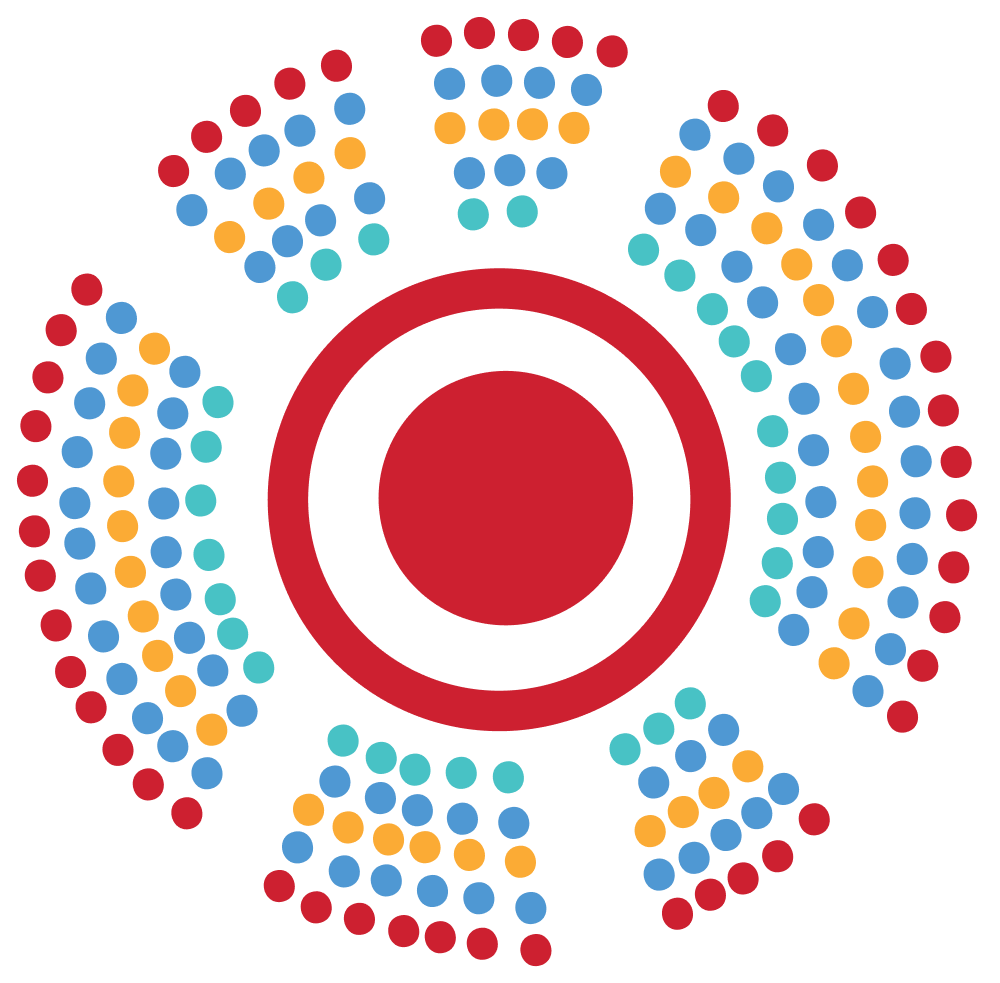Collaboration Opens The Door To Healthy Choices For People With Chronic Conditions
A powerful collaboration between The University of South Australia (UniSA), The Queen Elizabeth Hospital (TQEH), Charles Sturt Council and the North-West Adelaide Health Study (NWAHS) is delivering an innovative and inclusive community-based health and well-being service, Healthy Choices, to people with chronic and complex health conditions living in the north and west of Adelaide.
Supported by Health Translation SA and funded through the Medical Research Future Fund’s (MRFF) Preventive and Public Health Research Initiative, the Healthy Choices program is an example of transformative research addressing risk factors for chronic and complex diseases in Australia.
More than just another health service, the Healthy Choices program is also a research project, an education and training opportunity, and a perfect example of research translation in action.
Research lead, UniSA Professor Susan Hillier says a key project goal is to promote and support positive behaviour changes for people living with chronic health conditions such as diabetes and heart and lung disease.
The program will see UniSA health students, partner with community participants to choose and develop individual and group health and wellbeing programs to address areas such as diet and exercise, sleep, quitting smoking and managing cholesterol. Students and participants will work together to identify and access relevant services and opportunities using a ‘care navigation’ model.
“Student coaches will guide and support participants to maintain their healthy choices over the long term,” Prof Hillier says.
“The research, academic, community, consumer and clinical partners in the program are providing interdisciplinary collaboration to co-design and deliver best-practice, behaviour-change interventions with the participants.
“We are using an approach that addresses the social, physical, emotional and cognitive aspects that come into play when we want to achieve sustainable lifestyle change.”
Prof Hillier says the research team will generate evidence to support the translation of this new primary and secondary preventive service and directly oversee its implementation.
The team will also measure participant behavior change, health literacy and how effective participants feel the program has been, as well as the traditional health outcomes, such as disease status, quality of life and use of health services. There will also be ongoing monitoring of intervention-related measures and the total costs of the program.
“If effective, this is a scalable model that can be rolled out across other regions using what is a mobile and constant student workforce,” Prof Hillier says.
“Graduating healthcare professionals who have successfully worked in partnership with the participants and are experienced in a new model of care that is comprehensive, economically sustainable and truly person-centred, is another key benefit of the project.
“If we can prove the project is successful in delivering positive lifestyle changes, improved health outcomes for participants, and reducing hospitalisations, we will also be contributing to important health savings across the community.”
Initiatives like the Healthy Choices program hold enormous opportunity, but as Prof Hillier knows, competing for funding in the Medical Research Future Fund (MRFF) enviornment is really challenging for researchers – particularly in establishing partnered solutions and readily implementable projects.
“Having a really independent facilitator like HTSA means that we can break down the artificial barriers between institutions so that we can all work effectively together and ultimately the benefit is for better health outcomes for South Australians,” Prof Hillier says.
“The MRFF Working Group facilitates us all meeting with the other Unis and stakeholders to share knowledge and skills so we can put up really strong bids connecting across different institutions.
“Healthy Choices is an example of several distinct groups all getting together to apply for this MRFF grant to set up a really unique community collaboration.
“This type of translational implementation project is really what HTSA has been set up to facilitate to make sure that when we do research it’s actually readily applicable.”
More information about how to access the latest MRFF funding opportunities can be found on the Grant Connect website.

